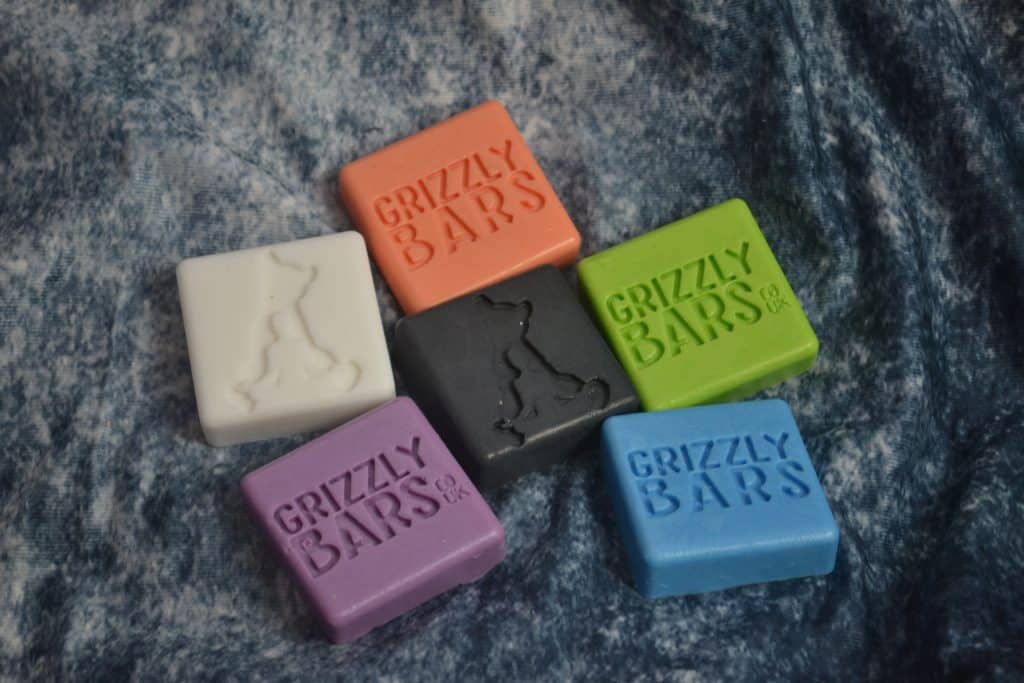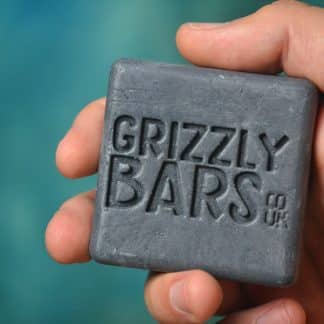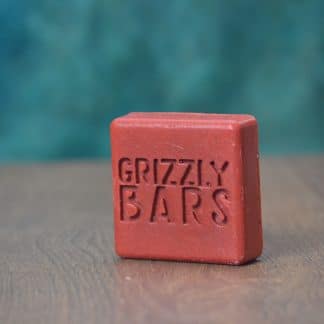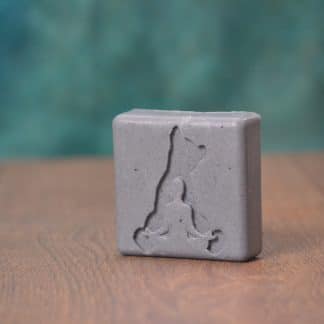Cruelty free soap
Cruelty-free soap is a term that has gained significant attention in recent years, as more individuals become aware of the ethical implications of their purchasing decisions. This post will explore the benefits of use, the growing consumer demand and challenges that may hinder its widespread adoption. It is now evident that cruelty-free soap not only aligns with personal values but also contributes to a more ethical and sustainable world.
-
Adventure – Charcoal, Tea Tree & Lemongrass£6.00 — or Original price was: £6.00.£5.00Current price is: £5.00. / month
-
Pirate – Bay Rum & Tobacco£6.00 — or Original price was: £6.00.£5.00Current price is: £5.00. / month
-
Woodland Walk – Sandal, Patchouli, Oakmoss, Cedar and Vetiver£6.00 — or Original price was: £6.00.£5.00Current price is: £5.00. / month
Benefits of Cruelty Free Soap
The avoidance of animal testing and cruelty is the biggest benefit. Many conventional soap brands rely on animal testing to ensure the safety and efficacy of their products. This practice involves subjecting animals to painful experiments, causing unnecessary suffering.
By choosing cruelty-free products, individuals can actively contribute to the reduction of animal cruelty and promote a more compassionate society. Furthermore, cruelty-free soap supports ethical and sustainable practices. These products are often made with natural and organic ingredients. Not only better for the environment but also for human health. Conventional soaps often contain harsh chemicals and synthetic additives that can be harmful to both our bodies and the planet. In contrast, cruelty-free soap embraces the use of natural ingredients, such as plant-based oils and essential oils, which provide nourishment and promote skin health without compromising the well-being of animals or the environment.
Demand for Cruelty Free Soap
The increasing demand for cruelty-free cosmetics is a testament to the growing awareness and concern for animal welfare. As more information becomes available about the harsh realities of animal testing, consumers are becoming more conscious of the products they purchase.
Consumers are actively seeking alternatives that align with their values and do not contribute to animal suffering. This shift in consumer behaviour reflects a desire for a more compassionate and ethical world. In addition to animal welfare, the preference for cruelty-free brands is also driven by personal values. Many individuals are now more conscious of the impact their choices have on the world around them. They want to support brands and products that share their commitment to ethical and sustainable practices. Cruelty-free soap provides an avenue for consumers to make a positive impact through their purchasing decisions, allowing them to align their personal values with their daily routines.
The influence of social media and online communities cannot be overlooked in the rise of cruelty-free cosmetics. Platforms such as Instagram and YouTube have become powerful tools for promoting cruelty-free alternatives. Influencers and activists use these platforms to raise awareness about animal testing and advocate for cruelty-free products. This online community, combined with the ease of sharing information, has played a significant role in spreading the message and driving consumer demand for soap that is also cruelty free.
Summary
While the benefits of using cruelty-free products are evident, there are still challenges and barriers that may hinder its widespread adoption. One such challenge is the limited availability and accessibility of cruelty-free options. In some regions, cruelty-free soap may be difficult to find, as conventional brands dominate the market. This lack of availability can make it challenging for individuals to make the switch to cruelty-free alternatives. Another barrier to adopting cruelty-free soap is the higher cost compared to conventional soaps.

Check out the Grizzly Bars range of Bar Soap in our online shop



